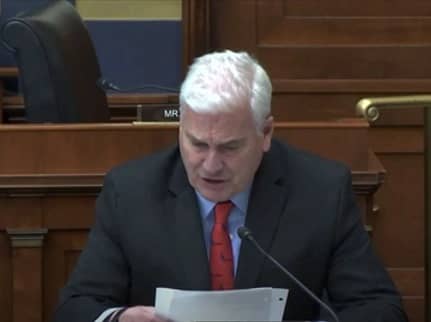Blockchain Regulatory Certainty Act
The Blockchain Regulatory Certainty Act, also referred to as H.R. 1747, is a proposed bipartisan bill in the U.S. Congress aimed at addressing the regulatory challenges faced by the cryptocurrency and blockchain industry. The bill seeks to provide clarity and certainty for non-controlling blockchain developers and service providers regarding their regulatory obligations. [1][2]
Overview
Released on July 21, 2023, offered by Rep. Emmer, The Blockchain Regulatory Certainty Act introduces a "safe harbor" provision for blockchain developers and providers of blockchain services. Under this provision, these entities will not be categorized as money transmitters or financial institutions under state licensing laws or federal designations, which require licensing or registration, as long as they do not have control over the digital assets held by users on their platforms. In other words, developers and service providers who don't have direct control over users' digital assets in their regular business operations would be exempt from specific licensing requirements. [3][4]
The bill emphasizes that it does not impact existing intellectual property laws related to blockchain technology. Furthermore, it allows individual states to enforce their own laws related to blockchain, as long as they are consistent with the provisions of the Act. However, any state or local law that conflicts with the Act would not impose liability or legal action. [3][4]
Definitions
The Act provides clear definitions for crucial terms used in the legislation. For instance, "blockchain developer" refers to individuals or businesses engaged in creating, maintaining, or disseminating software for blockchain networks or services. A "blockchain network" is a system of interconnected computers that collaboratively reach consensus on the state of a computer program, enabling user participation without requiring proprietary software or permission from others. The term "blockchain service" encompasses any information, transaction, or computing system that allows multiple users to access a blockchain network and conduct digital asset transactions. [4]
Additionally, the Act defines "control" as the legal right, authority, or capability to access data required to initiate transactions involving digital assets. It also provides a definition for "digital asset" as any form of intangible personal property that can be exclusively possessed and transferred between individuals without reliance on intermediaries. [4]
